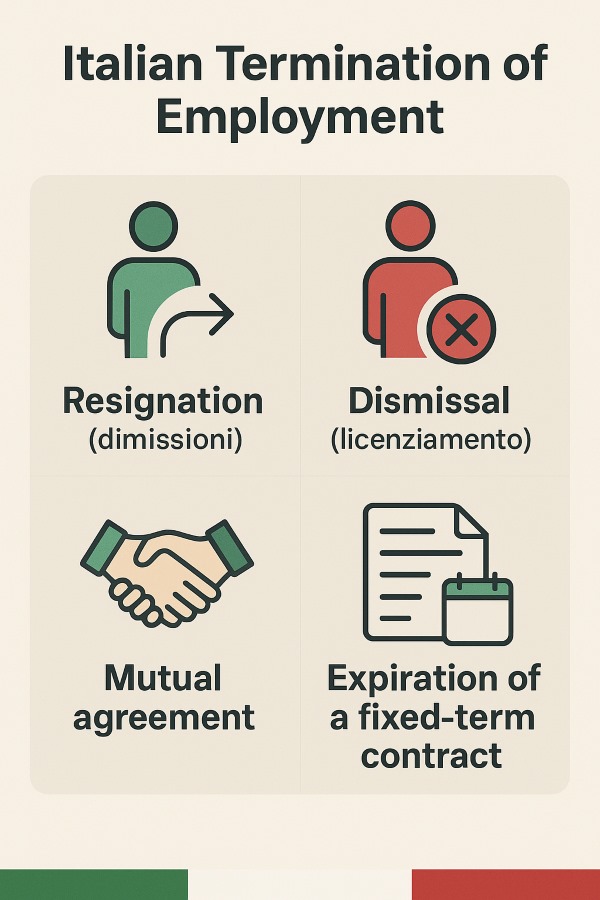Notaries play a crucial role in legal transactions in Italy, ensuring the authenticity and legality of various documents. As impartial professionals, they provide valuable services and expertise, which come at a cost. In this article, we delve into the intricacies of notary fees in Italy, shedding light on their calculation methods, factors affecting costs, and potential savings.
Table of Contents
ToggleNotary Services and their Importance
Notaries in Italy are highly regarded legal professionals appointed by the state. They serve as impartial witnesses and advisors, ensuring the legality, authenticity, and enforceability of contracts, deeds, and other important documents. Notaries act as a guarantee of legal certainty and provide an indispensable service for both individuals and businesses engaging in various transactions.
Factors Influencing Notary Fees
The fees charged by notaries in Italy are influenced by several factors, including:
1. Value of the Transaction: In general, notary fees are proportional to the value of the transaction being handled. The higher the value, the higher the fee.
2. Complexity of the Transaction: Complicated transactions may require additional time and expertise from the notary, potentially leading to higher fees.
3. Notary’s Reputation and Experience: Established notaries with a solid reputation and extensive experience may charge higher fees due to their expertise and track record.
4. Location: Notary fees may vary depending on the geographical area within Italy. Urban areas and major cities tend to have higher fee structures compared to rural regions.
5. Additional Services: Notaries often offer ancillary services such as legal advice, document drafting, and consultations. These supplementary services may attract extra fees.

Calculating Notary Fees
Notary fees in Italy are regulated by the “Tariffa Professionale dei Notai” (Professional Tariff for Notaries). The tariff provides a framework for calculating fees based on the transaction’s value, complexity, and other relevant factors. The fees are typically calculated as a percentage of the transaction value, following a sliding scale set by the tariff.
Potential Cost Savings
While notary fees are regulated and subject to the tariff, it is worth noting that there may be some room for negotiation. Engaging in open communication with the chosen notary and comparing prices from different professionals may help identify cost-effective options.
Additionally, individuals and businesses can save on notary fees by opting for certain procedures, such as electronic document transmission, which can reduce administrative costs. Seeking legal advice beforehand to streamline the process and ensure readiness.
Examples of Notary Fees
To illustrate the application of notary fees in Italy, let’s consider a couple of examples:
Real Estate Purchase: Suppose the purchase price of a property is €300,000. The notary fee, according to the tariff, may range from 1% to 2.5% of the transaction value. Therefore, the notary fee could amount to €3,000 to €7,500.
Incorporating a Company: Establishing a company involves drafting and notarizing several documents. The notary fee for incorporating a company is typically based on a fixed tariff, depending on the company’s share capital. For example, a company with a share capital of €10,000 may incur a notary fee of approximately €600 to €1,000.
Notary Fees Related to Buying and Selling Property in Italy: Understanding the Costs Involved
Calculation of Notary Fees for Property Transactions
Notary fees for property transactions in Italy are typically calculated as a percentage of the purchase price. The percentage can vary based on factors such as the location, complexity of the transaction, and the individual notary’s reputation and experience. Generally, notary fees can range from 1% to 2.5% of the property’s purchase price.
Preliminary Agreement
When buying or selling a property in Italy, it is common to enter into a preliminary agreement, known as “compromesso” or “contratto preliminare di compravendita.” Notary fees associated with this agreement are usually lower than those for the final deed. These fees are often a fixed percentage of the purchase price, typically ranging from 0.5% to 1%.
Final Deed
The final deed, known as “atto di compravendita,” is the official document that transfers ownership of the property. Notary fees for the final deed are typically higher than those for the preliminary agreement. As previously noted, these fees usually range from 1% to 2.5% of the purchase price.
Additional Services
In addition to handling the transfer of property ownership, notaries may offer supplementary services. These services can include conducting due diligence, verifying the property’s legal status, and drafting or reviewing contracts. Any additional services requested from the notary may incur additional fees.
Value Added Tax (VAT)
It is important to note that notary fees in Italy are subject to Value Added Tax (VAT) at the prevailing rate, which is currently 22%. You should consider this tax when calculating the overall cost of the transaction, as it applies on top of the notary fees.
Who is responsible for paying these fees?
In Italy, the buyer and the seller typically share the responsibility of paying notary fees in a property transaction. However, it is important to note that the specific allocation of these fees can be subject to negotiation and may vary depending on the circumstances and agreements between the parties involved.
Preliminary Agreement
Traditionally, the buyer is responsible for paying the majority of the notary fees associated with the purchase of a property. This includes fees related to the preliminary agreement (“compromesso”) and the final deed (“atto di compravendita”). The buyer is also responsible for covering any Value Added Tax (VAT) applicable to the notary fees.
On the other hand, the seller usually bears the costs associated with the cancellation of existing mortgages or other encumbrances on the property, as well as any necessary certificates or documents required for the transaction.
It’s worth noting that you can negotiate the division of notary fees, and local customs and market practices might influence it. Therefore, it is essential for both parties to discuss and agree upon the allocation of these fees during the negotiation process or when drafting the purchase agreement.
Financial transactions
Navigating the notary fees related to buying and selling property in Italy is crucial for individuals engaging in real estate transactions. Understanding the calculation methods, considering additional services, and exploring potential cost-saving opportunities can help individuals make informed decisions and better manage the financial aspects of these transactions. Working with a reputable notary and seeking professional advice can ensure a smooth and legally sound property transaction process.
If you would like to read more about similar subjects, check these articles as well : Cost of buying a house in Italy, E-commerce: a fiscal guide to the start-up of the activity and THE ITALIAN COMPANY REGISTRATION NUMBER AND REPORT.



